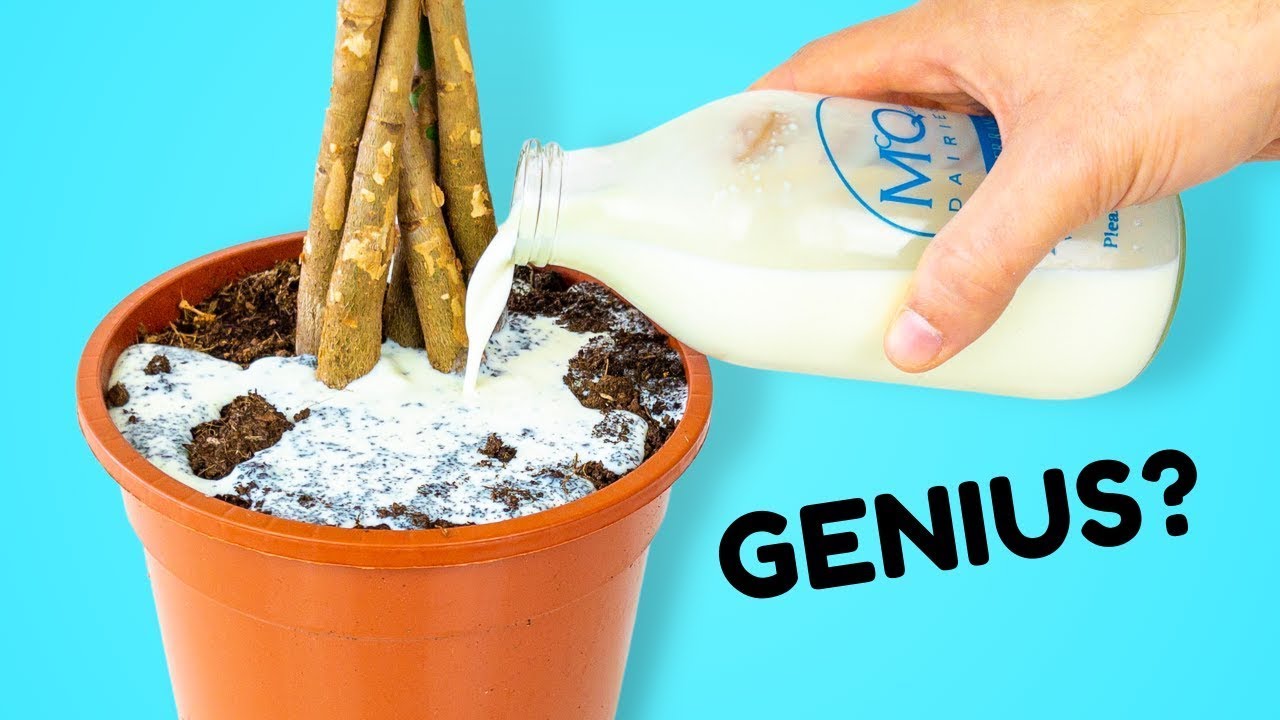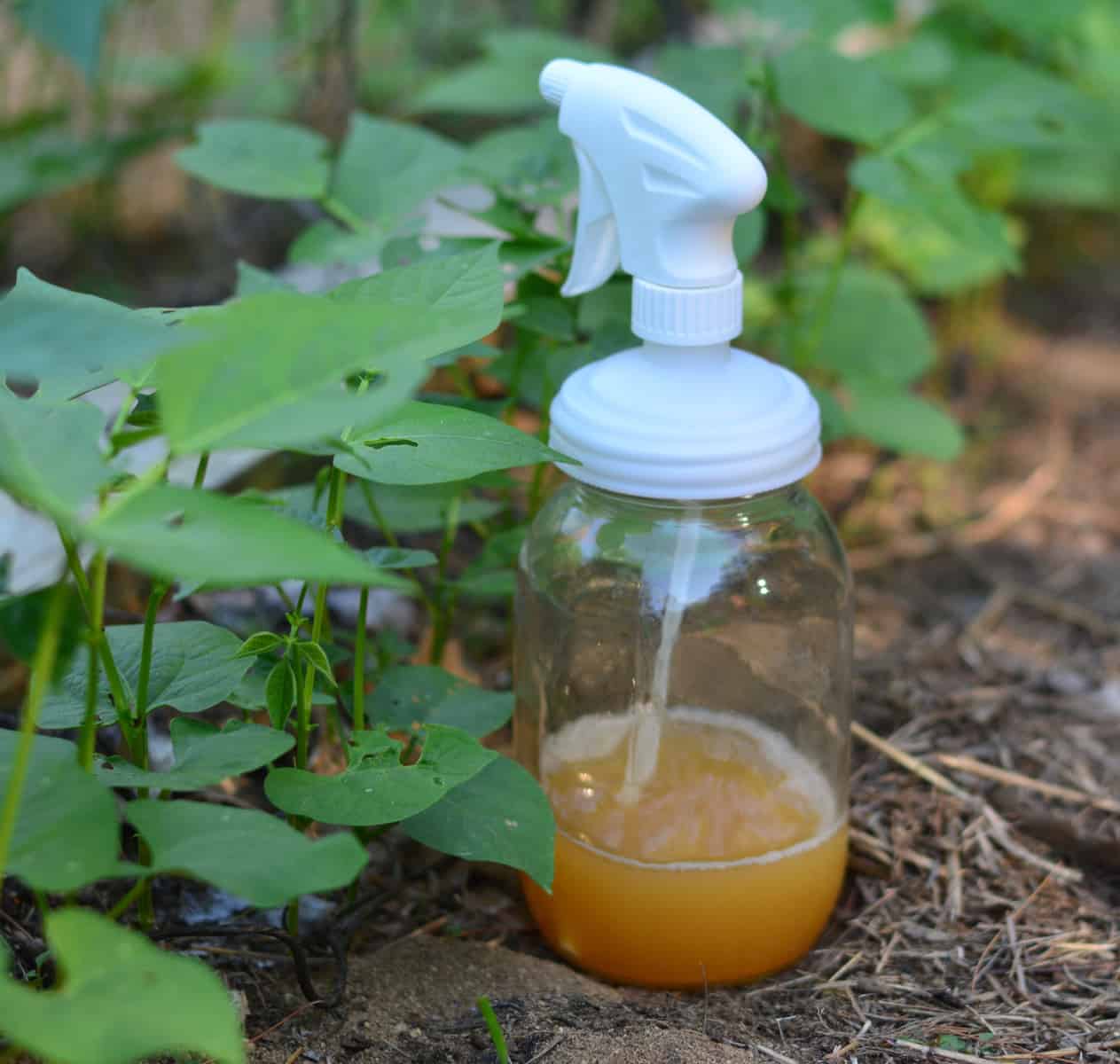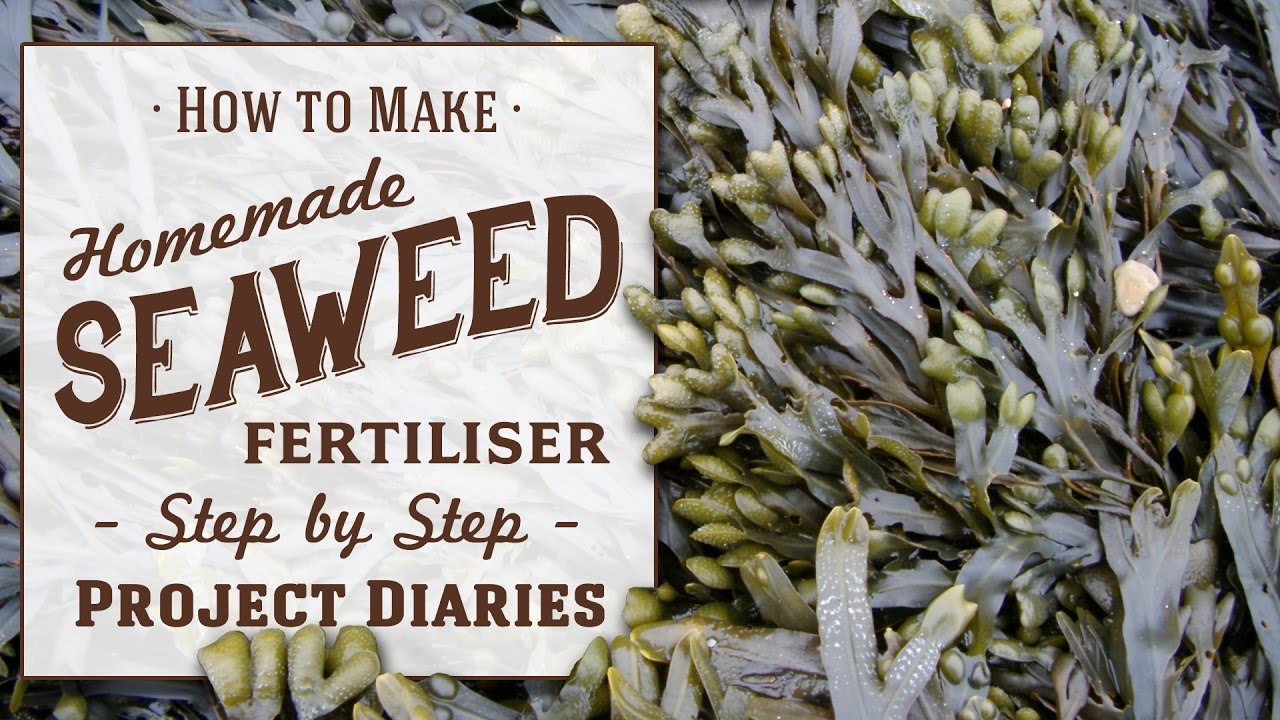Can you water flowers with milk?
As a curious gardener or plant enthusiast, you might have wondered whether you can water your flowers with milk. While it may seem like an unconventional idea, some gardeners swear by the benefits of using milk as a natural fertilizer for their plants. In this article, we will explore the feasibility of watering flowers with milk and delve into the potential advantages and disadvantages of doing so.
The Science Behind Watering Flowers with Milk
Before we dive into the practical aspects of using milk as a plant fertilizer, let’s first understand the science behind it. Milk contains various nutrients that are beneficial for plants, such as calcium, magnesium, and potassium. These essential nutrients can help promote healthy growth and development in flowers and other plants.
Additionally, milk has antibacterial properties that can help protect plants from certain diseases and pests. When applied in moderation, milk can act as a natural fungicide and prevent the growth of harmful pathogens on your flowers.
The Benefits of Using Milk as a Plant Fertilizer
There are several potential benefits to watering flowers with milk. Some gardeners believe that milk can help improve the overall health and vitality of their plants. The nutrients present in milk can nourish the soil and provide essential elements that may be lacking in your garden.
- Rich in nutrients: Milk contains calcium, magnesium, and potassium, which are essential for plant growth.
- Natural fungicide: Milk’s antibacterial properties can help protect plants from diseases.
- Improves soil fertility: The nutrients in milk can enrich the soil and promote healthy plant growth.
Potential Drawbacks of Watering Flowers with Milk
While there are benefits to using milk as a plant fertilizer, there are also potential drawbacks to consider. One of the main concerns is the risk of milk spoilage, which can attract harmful bacteria and pests to your garden. Additionally, using milk as a fertilizer may not be suitable for all types of plants and could potentially harm certain species.
- Risk of spoilage: Spoiled milk can attract pests and harmful bacteria to your garden.
- Not suitable for all plants: Some plants may not respond well to milk as a fertilizer.
- Potential harm: Excessive use of milk can lead to nutrient imbalances in the soil.
Conclusion
In conclusion, while it is technically possible to water flowers with milk, it is important to weigh the potential benefits and drawbacks before doing so. Milk can provide essential nutrients and help protect plants from diseases, but it also comes with risks such as spoilage and potential harm to certain plant species. If you decide to experiment with using milk as a plant fertilizer, be sure to do so in moderation and monitor your plants’ health and growth carefully.
Ultimately, the choice to water your flowers with milk is a personal one. Some gardeners may find success with this unconventional method, while others may prefer to stick to traditional fertilizers. Whichever path you choose, always remember to prioritize the health and well-being of your plants above all else.



